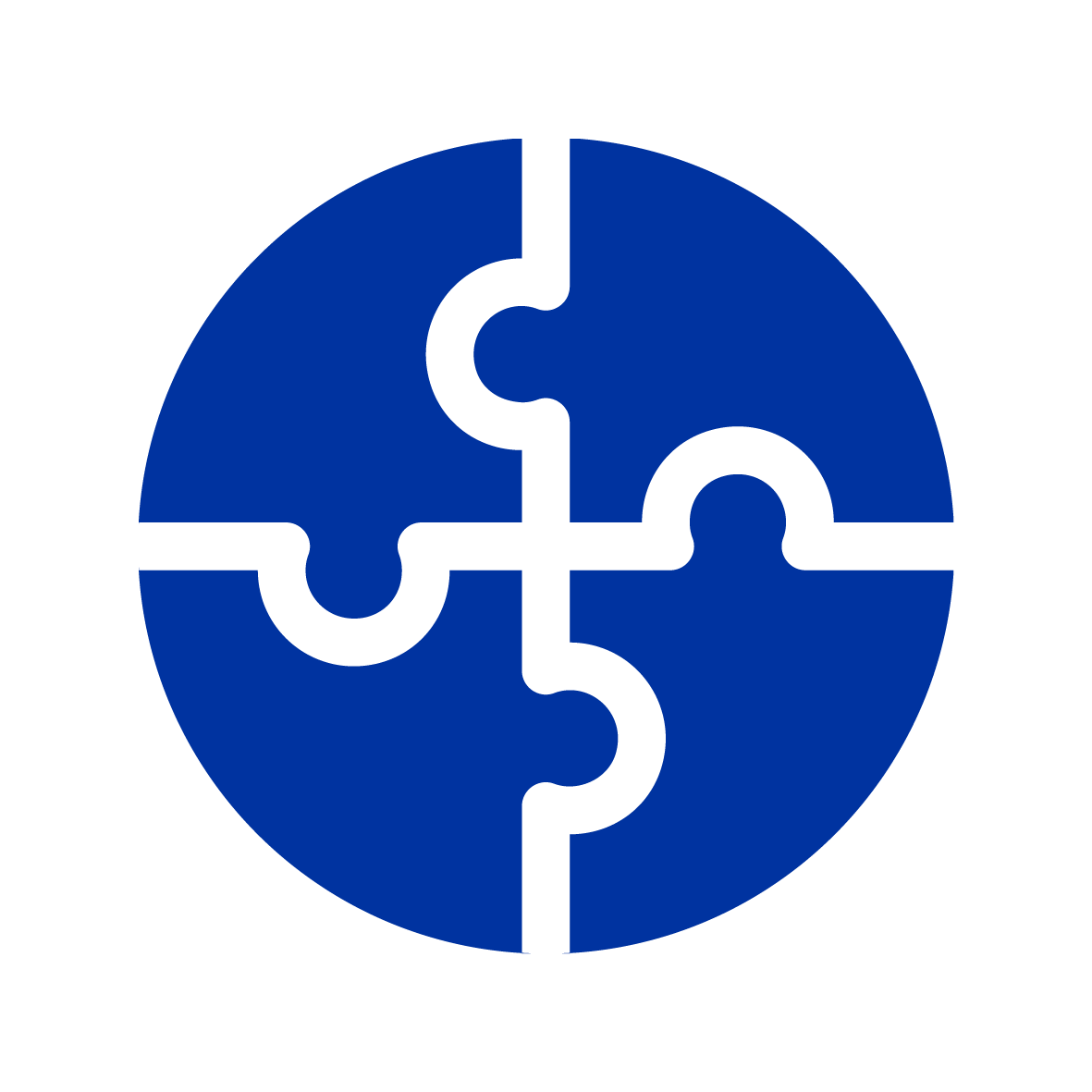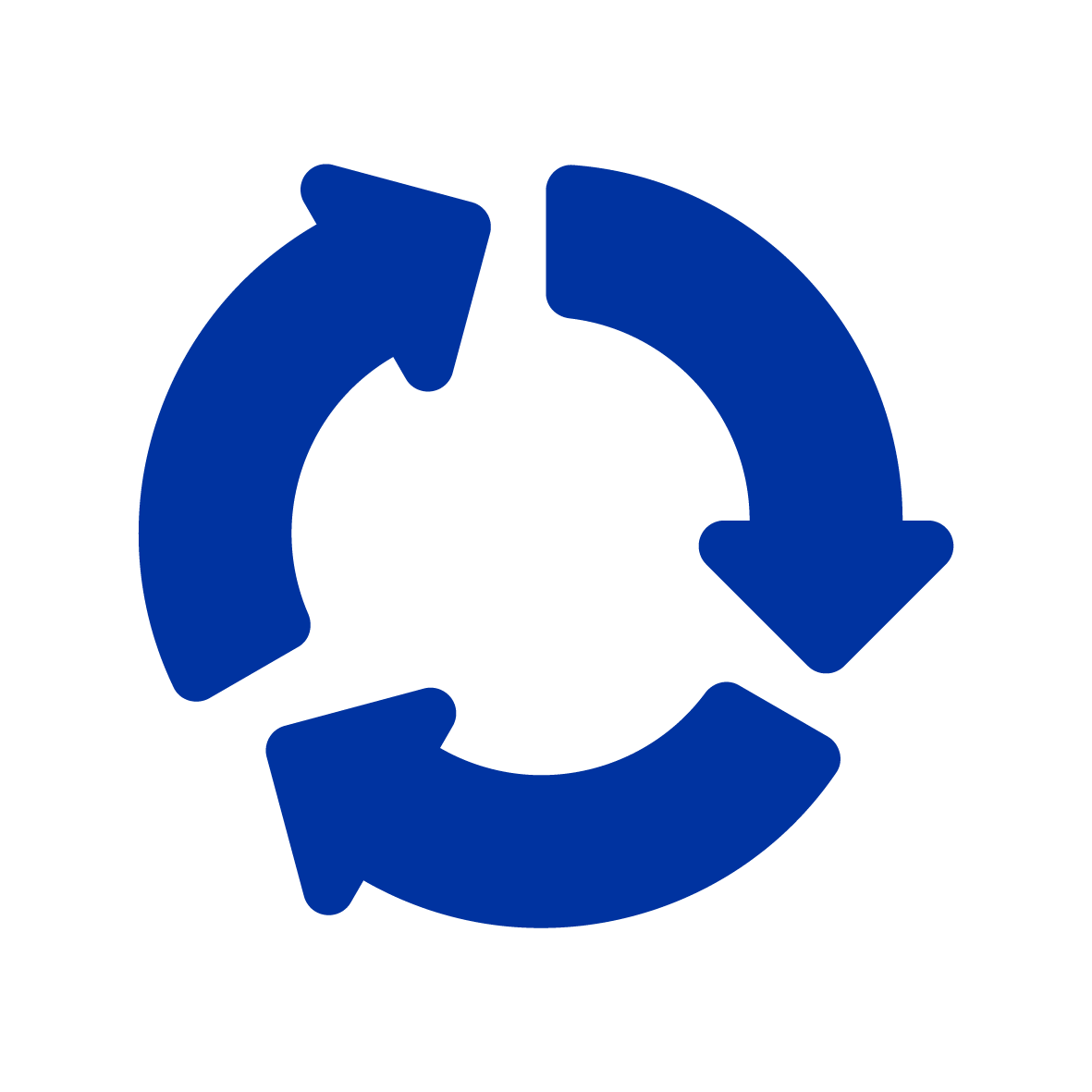-
Who we are
WHO WE AREThe International Organization for Migration (IOM) is part of the United Nations System as the leading inter-governmental organization promoting since 1951 humane and orderly migration for the benefit of all, with 175 member states and a presence in 171 countries.
-
Our Work
Our WorkAs the leading inter-governmental organization promoting since 1951 humane and orderly migration, IOM plays a key role to support the achievement of the 2030 Agenda through different areas of intervention that connect both humanitarian assistance and sustainable development.
What We Do
What We Do
Partnerships
Partnerships
- Where we work
-
Take Action
Take Action
Work with us
Work with us
Get involved
Get involved
- Data and Research
- 2030 Agenda
The International Organization for Migration (IOM) is the management site of the Comprehensive Information and Orientation Programme (CIOP). CIOP aims to develop orientation programmes for foreign workers throughout the labour migration process, including in their country of origin and countries of destination. This harmonized approach helps prospective foreign workers make informed decisions on whether foreign employment is right for them, and later, equips current workers with information about labour laws, sociocultural norms and practices and helpful tips to succeed in their workplaces. CIOP was spearheaded by the Government of the Philippines and later moved through the Colombo Process and was formally adopted as a regional initiative by the Abu Dhabi Dialogue. CIOP is currently being piloted by Saudi Arabia, the United Arab Emirates, Sri Lanka, Bangladesh and the Philippines. With this continuing experience, IOM, with support from a number of different partners, continues to fine-tune an approach to orientation programming for labour migration.
- Focus of CIOP
-
CIOP focuses on four key orientations, relevant at different points in the labour migration cycle:

Pre-Employment Orientation (PEO): Equips prospective migrant workers with information to support well-informed decision-making processes on foreign employment and provide accurate information on safe and ethical recruitment.

Pre-Departure Orientation (PDO): Supports outgoing migrant workers to ensure their departure process is safe while also providing information on the upcoming journey, adjustment period and how to access support and assistance.

Post-Arrival Orientation (PAO): Provides newly arrived migrant workers in the country of destination with information regarding national labour laws, sociocultural norms and practices, workplace expectations and good conduct.

Pre-Return Orientation (PRO): Helps prepare returning migrant workers before leaving the country of destination, with useful information to support their access to social protection schemes, skills development opportunities and related resources.
- Overview of CIOP and its approach
-
IOM believes the CIOP approach can provide support in developing orientation programmes that are most beneficial for migrant workers. Broadly, this approach advocates orientation to be:

Harmonized between countries of origin and destination to ensure that the information provided is accurate and relevant.

Tailored to distinct information needs and custom-made for specific labour migration corridors and industries.

Timely to deliver relevant information at the most appropriate point during the labour migration cycle.

Responsive to different learning needs, taking into account gender considerations and dimensions of possible vulnerability.

Rooted in a multi-stakeholder approach involving prospective and current migrant workers, employers, training institutions, civil society organizations, migrant associations and governments of countries of origin and destination.
- The benefits of CIOP
-
CIOP provides accurate information, harmonized across countries of origin and countries of destination, to all stakeholders involved in the labour migration: migrant workers, their families, employers, recruiters as well as governments.
Adopting CIOP as an approach to delivering orientation and information to migrant workers can lead to: - Informed decision-making
- Heightened preparedness
- Safe migration
- Effective recruitment
- Reduced vulnerability to exploitation and abuse
- Enhanced protection
- Strengthened understanding of rights and obligations
- Strengthened understanding of country of destination
- Strengthened employee-employer relations
- Higher levels of productivity
- Fewer grievances and assistance
- Enhanced financial management
View graphic here. - CIOP areas of support
-
IOM provides services and expertise globally to promote comprehensive information and orientation programmes, targeting prospective, current and/or returning migrant workers.
A team of CIOP experts are available to support with different areas of conceptualizing, developing, implementing and evaluating orientation programmes.
The CIOP experts are able to provide support to stakeholders in all components related to orientation programmes for labour migration, including:
- Mappings and needs assessments
- Training and capacity-building
- Monitoring, evaluation, accountability and learning
- Communications, graphic design and publications
Download the CIOP Infosheet.
For further information on this, please contact the IOM mission in your country or contact ciop@iom.int.
- Resources
-
Pre-Employment Orientation
- Pre-Employment Information Needs of Migrant Workers in the East and Horn of Africa-Gulf Corridor: Background Report (Available soon)
- Background Report on Pre-Employment Orientation in Abu Dhabi Dialogue Countries (2019)
- Regional Guide and Management System for Pre-Employment Orientation in Abu Dhabi Dialogue Countries (2019)
Pre-Departure Orientation
- Pre-Departure Information Needs of Migrant Workers in the East and Horn of Africa-Gulf Corridor: Background Report (2021). Available in English, French and Arabic.
- Background Report on Pre-Departure Orientation in Abu Dhabi Dialogue Countries (2019)
- Regional Guide and Management System for Pre-Departure Orientation in Abu Dhabi Dialogue Countries (2019)
Post-Arrival Orientation
- Post-Arrival Information Needs of Migrant Workers in the East and Horn of Africa-Gulf Corridor: Background Report (2021). Available in English, French and Arabic.
- Background Report on Post-Arrival Orientation in Abu Dhabi Dialogue Countries (2019)
- Regional Guide and Management System for Post-Arrival Orientation in Abu Dhabi Dialogue Countries (2019)
Pre-Return Orientation (PRO)
- Pre-Return Information Needs of Migrant Workers in the East and Horn of Africa-Gulf Corridor: Background Report (Available soon)
CIOP and Ethical Recruitment
- IRIS Ethical Recruitment: Global Guidance For Comprehensive Information And Orientation Programmes - How to incorporate ethical recruitment into new or existing programmes (Available soon)
- Contact us
-
For more information on CIOP and how IOM can support, please contact ciop@iom.int








